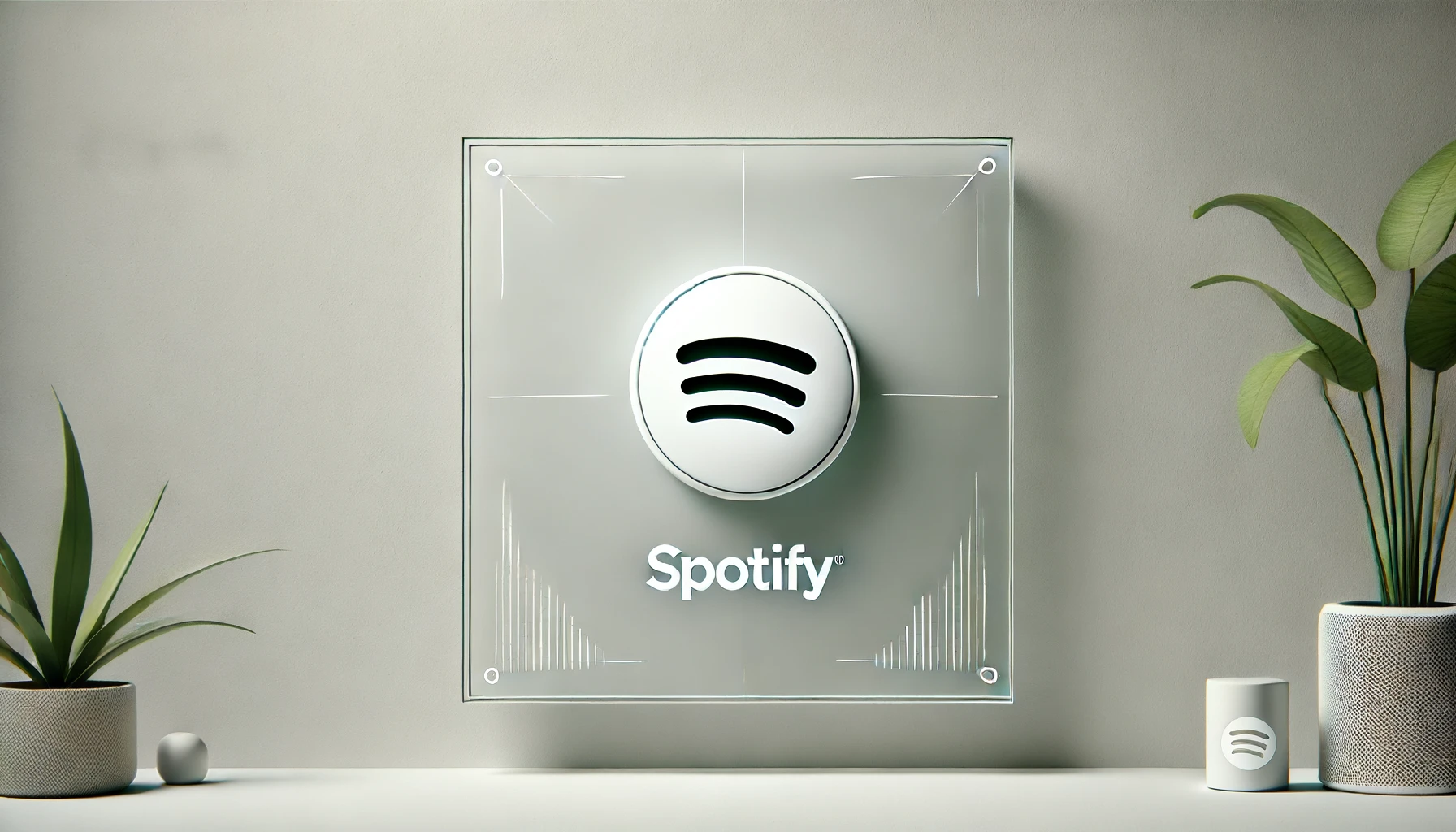Spotify, the music streaming giant, announced on Thursday its latest venture into the advertising space with the introduction of its first in-house creative agency, Creative Lab. This strategic move aims to assist brands in crafting bespoke marketing campaigns tailored to Spotify’s vast audience of 615 million listeners. Additionally, Spotify is set to begin testing generative AI ads, marking a significant step forward in the digital advertising landscape.
Expanding Advertising Horizons
The creation of Creative Lab signifies Spotify’s increasing efforts to lure advertisers to its platform. This initiative will enable brands to produce a variety of custom marketing materials, including video and audio ads, in-app digital experiences, and interactive formats like call-to-action (CTA) cards. The spokesperson emphasized that every campaign developed by Creative Lab will be meticulously tailored to meet the unique needs of each brand and business.
One prominent example of Creative Lab’s capabilities is the partnership with Rockstar Energy Drink, which launched the “Press Play” livestream concert series within the Spotify app. This series featured renowned artists like British rapper Stormzy, showcasing how Creative Lab can blend entertainment and marketing seamlessly. Another brand, Aperol, is also set to benefit from the expertise of the Creative Lab team.
Introducing “Quick Audio” AI Tool
In a bid to further enhance its advertising offerings, Spotify is working on a new AI-powered tool named “Quick Audio.” This innovative tool will allow advertisers to create scripts and voiceovers using generative AI, streamlining the production process and potentially reducing costs. The company plans to roll out Quick Audio soon within Spotify Ads Manager, providing advertisers with a powerful new resource to craft engaging audio content.
The use of AI in advertising is not entirely new for Spotify. An executive previously mentioned the company’s interest in leveraging AI to generate host-read ads for podcasters, a feature that could revolutionize how personalized ads are delivered to listeners. The introduction of Quick Audio represents a significant step in this direction, offering brands a way to create high-quality, customized ads quickly and efficiently.
Strategic Implications
From my perspective, Spotify’s launch of Creative Lab and the Quick Audio tool demonstrates a clear commitment to becoming a major player in the advertising industry. By offering brands the ability to create highly customized campaigns, Spotify is positioning itself as a one-stop-shop for marketers looking to reach a massive and diverse audience.
The integration of AI technology into the advertising process is particularly noteworthy. Generative AI has the potential to transform how ads are created, making the process faster, more efficient, and potentially more cost-effective. This could be especially attractive for smaller brands or startups that may not have extensive resources to dedicate to ad creation.
However, there are also potential challenges and considerations. The use of AI in creating ads raises questions about authenticity and personalization. While AI can generate content quickly, it may lack the nuanced understanding and emotional depth that human creators bring to the table. Ensuring that AI-generated ads resonate with audiences on a personal level will be crucial for their success.
Conclusion
Spotify’s introduction of Creative Lab and the forthcoming Quick Audio AI tool marks a significant expansion of its advertising capabilities. By providing brands with the resources to create customized, high-quality marketing campaigns, Spotify is poised to attract a broader range of advertisers to its platform. The incorporation of generative AI technology further underscores Spotify’s innovative approach to digital advertising, offering new possibilities for efficiency and creativity in ad production.
As I see it, this move could potentially reshape the digital advertising landscape, setting new standards for how brands engage with audiences through personalized and interactive experiences. While challenges remain, particularly in balancing AI efficiency with human creativity, Spotify’s latest ventures signify a promising step forward in the evolving world of digital marketing.






